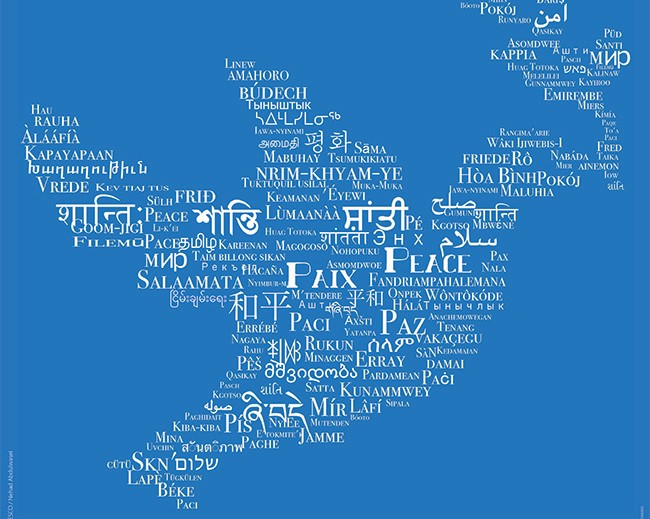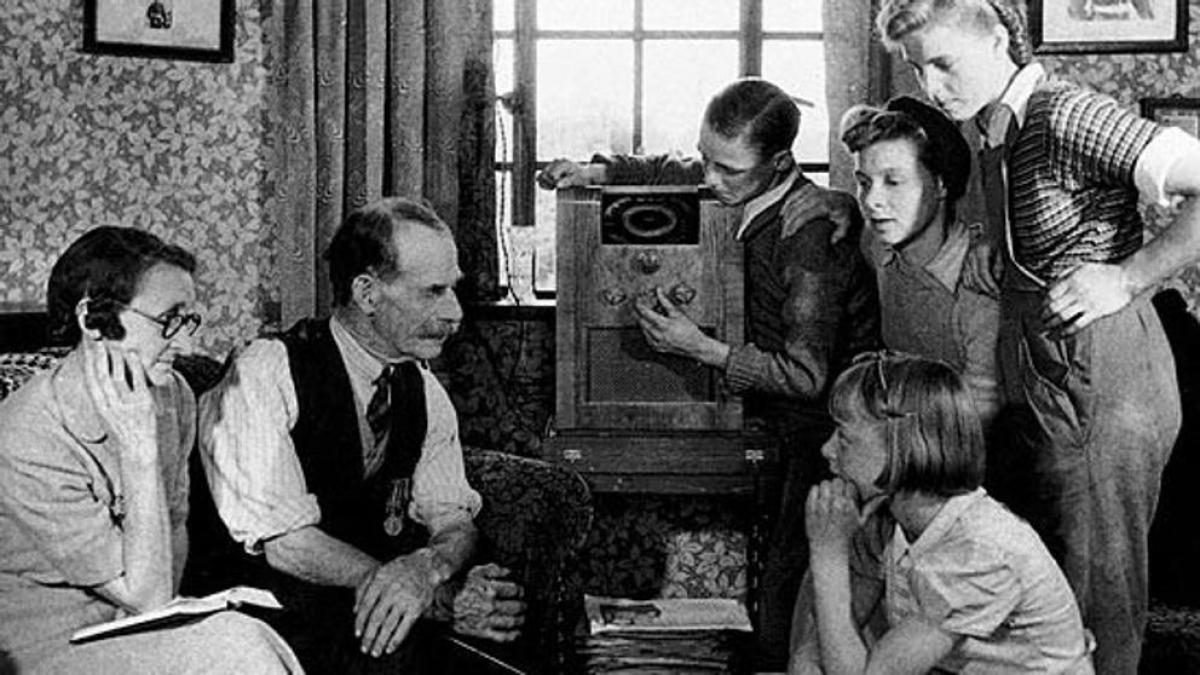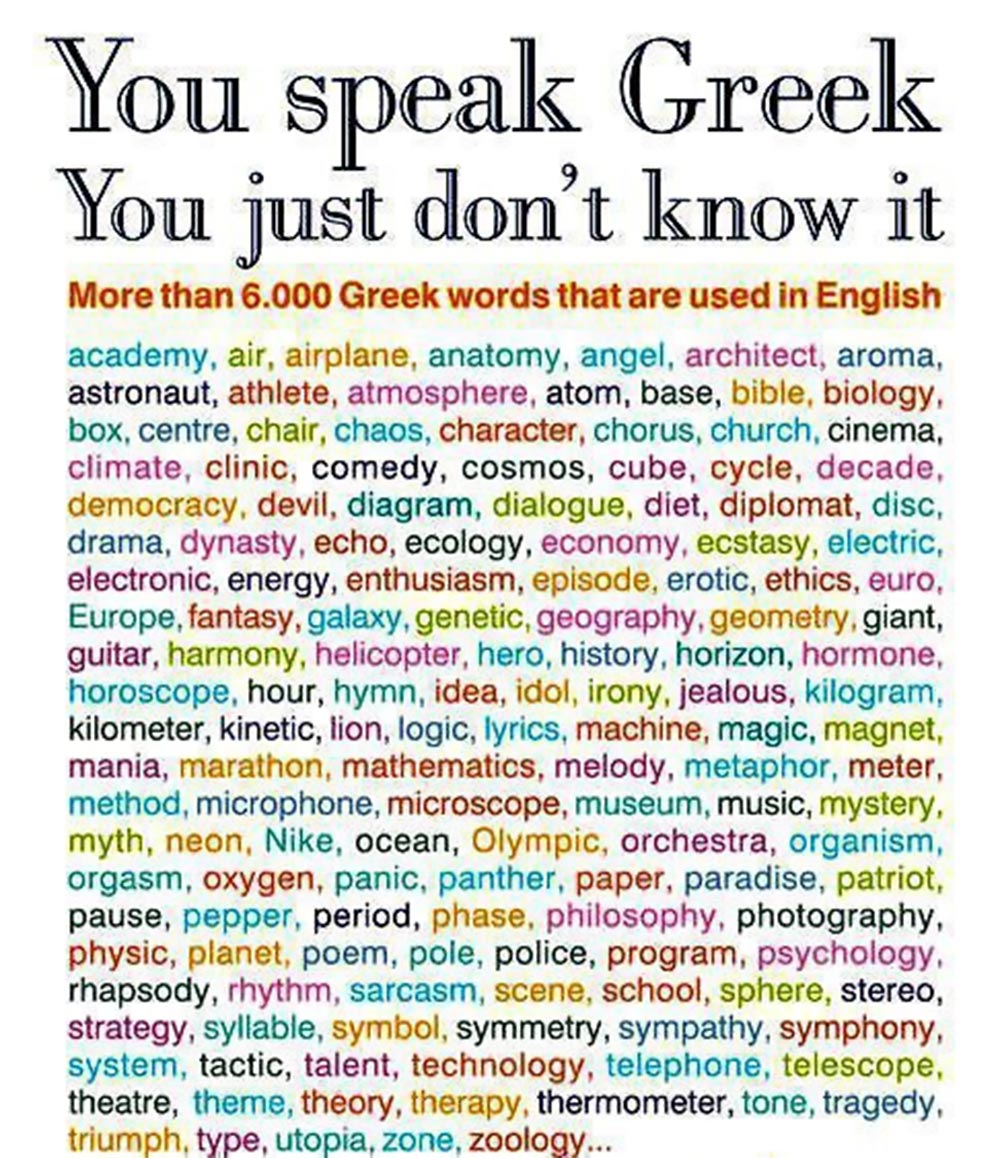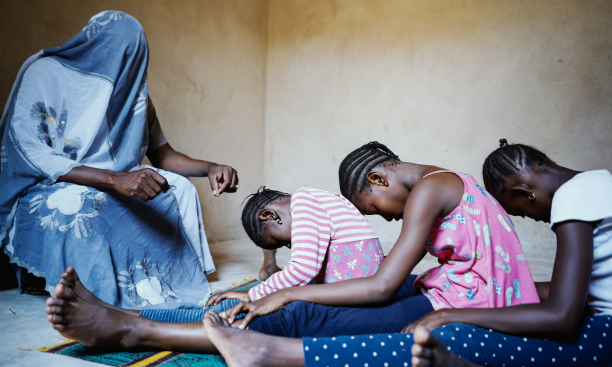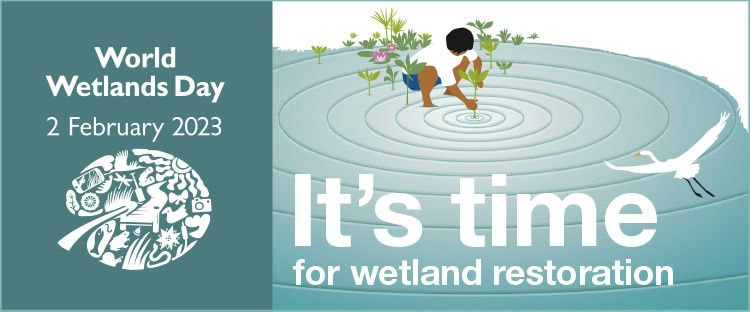Intellectual development
Many studies have shown that the intellectual development of people who have been educated in their mother tongue is relatively faster. But also their success rate in school is higher.
The transmission of culture
Language is not only a means of communication, it is also an excellent means of transmitting the parents' culture. The mother tongue helps the child to connect with his or her roots.
Learning a second language
In order to learn a second language properly, it is very important to master the basics of one's own language. The skills acquired in the mother tongue are then easily transferred to a second language.
Opportunities
More and more, we are coming back to favoring local business or business in the authentic language of the country. Think of all the opportunities that speaking the native language can bring you. Even if you are abroad, there are companies that need this knowledge. Don't forget that the language of business is always the language of the customer. If you want to break into a specific market, you need to know the local language.
Pride
Knowing your mother tongue should be a source of pride. It strengthens the child's self-confidence and creates a sense of belonging, of recognition of his identity.
Nevertheless, there is progress in the field of multilingual education, with a growing awareness of its importance, especially for preschoolers, and more commitment to its development in public life. The Internet could also be a great help if it were accessible to all. Different communities could stay in touch and groups would retain and share their language. Thanks to this international day the mother tongue and its value is represented.
